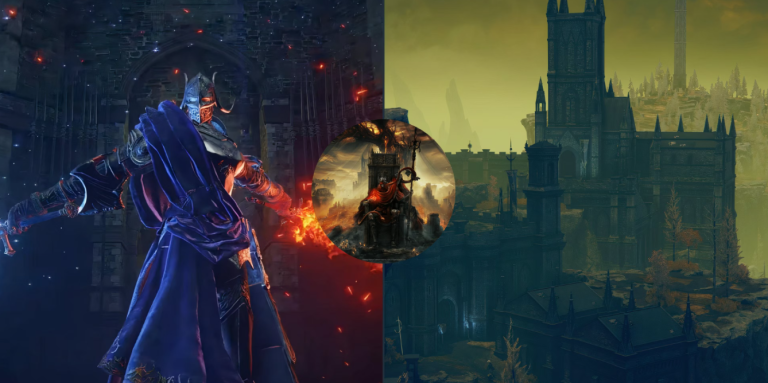
When we watch a professional esports team compete, it often seems like a few top-tier players just come together and magically win. But the reality is far more complex. A successful team thrives not only on individual skill but also on the wisdom and attention to detail from the management behind the scenes. It’s about refining strategies, managing mental health, and coordinating daily life. At its core, esports team management is really a delicate dance of understanding people and building trust.
I know a guy named Mike from the U.S., an esports manager who has built a solid reputation in the North American scene. Mike’s journey is pretty typical: he started out as just a passionate gamer, then gradually moved behind the scenes to handle team operations. Along the way, he realized management isn’t about checking boxes; it’s more like being a parent—strict when needed, but empathetic all the same.
Mike told me that the very first step in managing a team is selecting the right players. Many people think all you need is raw skill, but team chemistry and personality fit matter just as much. A player with flawless mechanics but unstable emotions can drag the whole team down. Mike remembers once recruiting a relatively unknown player whose skill was average but whose cheerful personality lifted everyone’s spirits. That energy ended up turning the tide for the team during a tough season. That’s when Mike truly grasped the power of what you might call “soft skills” in management.
Beyond recruitment, managing daily training and life logistics is key. Mike’s team has regular training schedules each week, but what really matters is the team-building activities they do off the clock. Sometimes they go rock climbing together, other times they cook meals as a group. Mike says these “informal” moments help players bond in ways that show up in better coordination during matches—because understanding each other off the screen translates into trust on it.
Of course, the pressure in pro esports is intense. Every match feels like a high-stakes battle, especially in a fiercely competitive environment like North America. Mike puts a big emphasis on mental health. They bring in professional sports psychologists who check in with players regularly, helping them manage stress and anxiety. He recalls one star player who was struggling with nerves before playoffs last year—after a few sessions with a therapist, his confidence bounced back and helped the team snag third place.

Management also means handling sponsors and fans. Mike often organizes events where players meet sponsors or interact with fans. It’s not just about publicity; it helps players feel supported and appreciated. One time, the team took part in a local gaming festival. Mike and the players spent hours at the booth chatting, taking photos, and just being accessible. That face-to-face connection reminded everyone why they fell in love with gaming in the first place.
On the business side, Mike invests a lot of thought into contracts, bonuses, and benefits, making sure players have stable income and a solid career path. After all, esports careers can be short-lived, and good management plans not just for wins today, but for the players’ futures. Mike helped one retiring veteran transition into a coaching role, keeping valuable experience within the team and creating a legacy.
Through Mike’s story, we see the secret ingredients to a successful esports team: recruiting the right people, fostering a healthy and fun team environment, prioritizing mental wellness, smart business moves, and genuine fan engagement. Management isn’t cold rules and checklists; it’s understanding and respecting human nature. It’s this care for the people that lets young players shine their brightest.
In truth, managing an esports team isn’t so different from managing any group. The only difference is that these young adults chose gaming as their stage, with their passion and dreams turned up a notch. Managers like Mike are the navigators, helping them find the right path and shine farther.

You might wonder, with esports booming, is managing harder than ever? Mike says yes. Competition is tougher, expectations are higher, and challenges multiply. But that’s what makes the job meaningful—helping players realize their dreams and pushing the industry forward.
At the end of the day, a winning esports team is a blend of skill and solid management. Behind every flashy play and flawless combo are countless conversations, emotional check-ins, and moments of mutual support. As Mike puts it: “Esports isn’t a game for one—it’s a game for all. Management is making sure everyone plays their best.”
![]()


